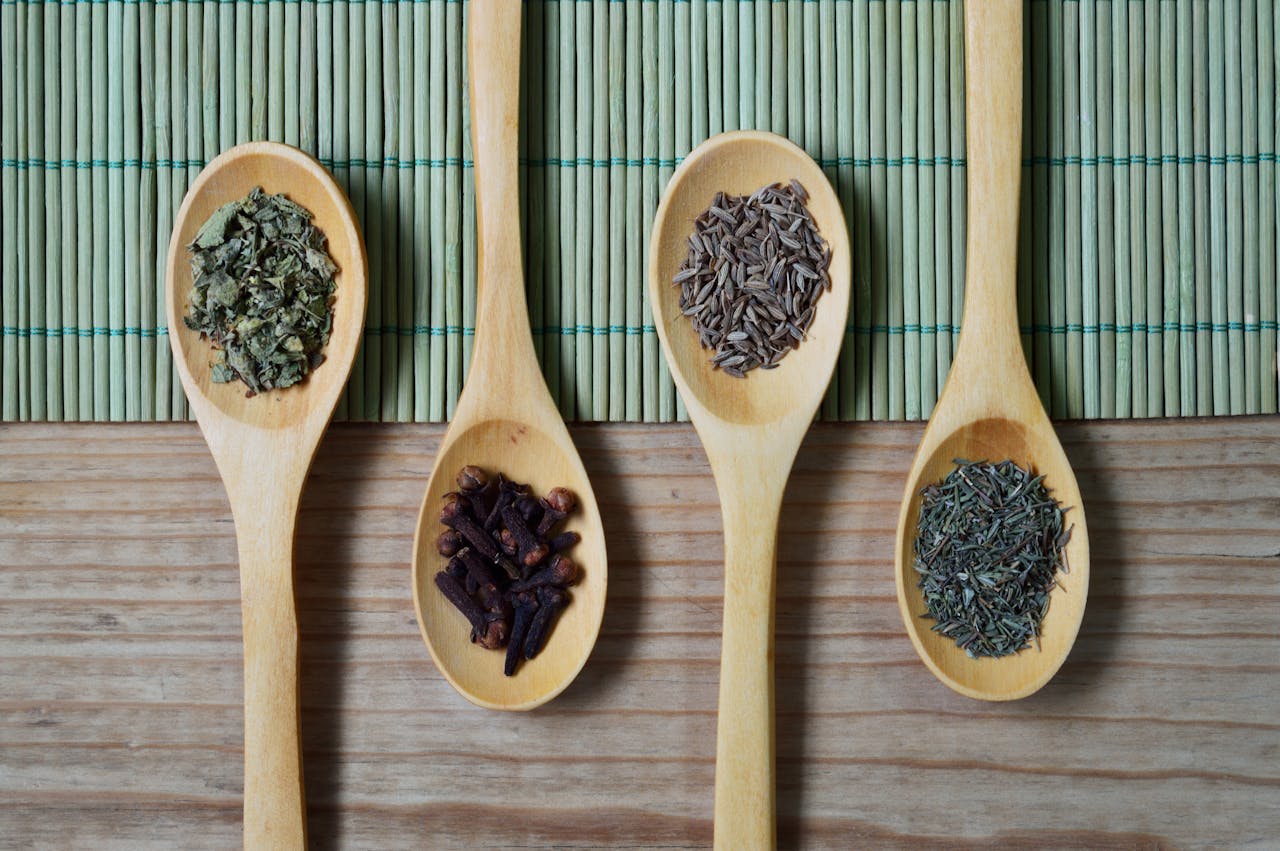Understanding Kidney Damage
Causes and Consequences of Kidney Damage
Kidney damage can result from various factors, including chronic diseases like diabetes and hypertension, acute injuries, and certain medications. When kidneys are damaged, their ability to filter waste from the blood, regulate blood pressure, and maintain electrolyte balance is compromised. This can lead to a cascade of health issues, including fluid retention, high blood pressure, anemia, and bone disease.
Conventional Treatment Approaches
Conventional treatments for kidney damage focus primarily on managing symptoms and slowing the progression of kidney disease. These may include medications to control blood pressure and blood sugar, dietary changes, and in severe cases, dialysis or kidney transplantation. While these treatments can be effective in managing the condition, they do not typically address the underlying damage to the kidneys.
The Principles of Ayurveda
Holistic Healing in Ayurveda
Ayurveda, meaning "the science of life," is a holistic healing system that dates back over 5,000 years. It emphasizes the balance of three doshas (Vata, Pitta, and Kapha) and the harmonization of body, mind, and spirit. Ayurvedic practitioners use a combination of diet, herbal remedies, yoga, meditation, and lifestyle modifications to promote health and treat diseases.
Ayurvedic View on Kidney Health
In Ayurveda, the kidneys are associated with the Vata and Kapha doshas. Kidney damage is often seen as a result of imbalances in these doshas, along with an accumulation of toxins (ama) in the body. Ayurvedic treatment aims to restore balance, detoxify the body, and strengthen the kidneys through personalized therapies and natural remedies.
Ayurvedic Treatments for Kidney Damage
Herbal Remedies
Ayurvedic medicine uses a variety of herbs believed to support kidney health and repair damage. Some of the most commonly used herbs include:
- Punarnava (Boerhaavia diffusa): Known for its diuretic and anti-inflammatory properties, Punarnava is used to rejuvenate the kidneys and reduce fluid retention.
- Gokshura (Tribulus terrestris): Often used to treat urinary tract disorders, Gokshura is believed to improve kidney function and reduce the risk of kidney stones.
- Varuna (Crataeva nurvala): This herb is used to support urinary health and prevent stone formation in the kidneys.
- Palash (Butea monosperma): Known for its detoxifying properties, Palash is used to cleanse the kidneys and improve their function.
Dietary and Lifestyle Modifications
Ayurveda places a strong emphasis on diet and lifestyle in the treatment of kidney damage. Patients are often advised to follow a diet that balances their doshas, includes kidney-friendly foods, and avoids substances that can aggravate kidney issues, such as excessive salt, processed foods, and certain proteins. Regular exercise, stress management techniques, and adequate hydration are also integral parts of an Ayurvedic treatment plan.
Panchakarma Therapy
Panchakarma is a detoxification therapy in Ayurveda that involves a series of five procedures: Vamana (therapeutic vomiting), Virechana (purgation), Basti (medicated enema), Nasya (nasal administration of medication), and Raktamokshana (bloodletting). These procedures aim to eliminate toxins from the body, balance the doshas, and promote healing. For kidney damage, Basti and Virechana are often recommended to cleanse the colon and liver, thereby indirectly supporting kidney function.
Scientific Studies and Evidence
Research on Ayurvedic Herbs
Several studies have investigated the potential benefits of Ayurvedic herbs for kidney health. For instance, a study published in the
Journal of Ethnopharmacology found that Punarnava exhibited significant nephroprotective effects in rats with induced kidney damage. Another study in the
Indian Journal of Experimental Biology demonstrated that Gokshura had protective effects against kidney damage caused by oxidative stress.
Clinical Trials and Patient Outcomes
While there is a growing body of research supporting the use of Ayurvedic treatments for kidney health, more clinical trials involving human participants are needed. Some existing studies and patient testimonials suggest positive outcomes. For example, a pilot study conducted at an Ayurvedic clinic in India reported improved kidney function and reduced symptoms in patients with chronic kidney disease (CKD) after following an Ayurvedic treatment regimen.
Integration with Conventional Medicine
Integrating Ayurveda with conventional medicine can offer a complementary approach to treating kidney damage. Many practitioners advocate for using Ayurvedic therapies alongside conventional treatments to enhance overall effectiveness and improve patient outcomes. This integrative approach requires close collaboration between Ayurvedic and conventional medical practitioners to ensure patient safety and optimal care.
Patient Testimonials and Case Studies
Success Stories from Ayurvedic Clinics
Numerous patients have reported positive experiences with Ayurvedic treatments for kidney damage. At Ayurvedic clinics across India and globally, patients have shared stories of improved kidney function, reduced symptoms, and enhanced quality of life. These testimonials often highlight the personalized nature of Ayurvedic treatment, which considers the individual's unique constitution, lifestyle, and health needs.
Case Studies of Recovery
Case studies published in Ayurvedic journals and presented at conferences provide detailed accounts of patients with kidney damage who have shown significant improvement following Ayurvedic treatment. These case studies often include before-and-after comparisons of kidney function tests, demonstrating measurable improvements.
Challenges and Considerations
While many patients benefit from Ayurvedic treatments, it is essential to approach these therapies with caution. Not all patients may respond similarly, and some Ayurvedic treatments can interact with conventional medications. It is crucial for patients to consult with qualified Ayurvedic practitioners and inform their conventional healthcare providers about any Ayurvedic treatments they are using.
Conclusion
The Potential of Ayurveda in Kidney Repair
Ayurveda offers a holistic approach to managing and potentially repairing kidney damage. Through the use of herbal remedies, dietary and lifestyle modifications, and detoxification therapies, Ayurveda aims to restore balance, detoxify the body, and strengthen the kidneys. While scientific studies and patient testimonials provide promising evidence, more research is needed to fully understand the efficacy and safety of Ayurvedic treatments for kidney damage.
Moving Forward with Integrative Care
Integrating Ayurveda with conventional medicine can offer a comprehensive approach to kidney health. Patients considering Ayurvedic treatments should do so under the guidance of qualified practitioners and in consultation with their conventional healthcare providers. As research continues to explore the potential of Ayurveda, it holds promise as a complementary therapy for those seeking holistic solutions to kidney damage.

